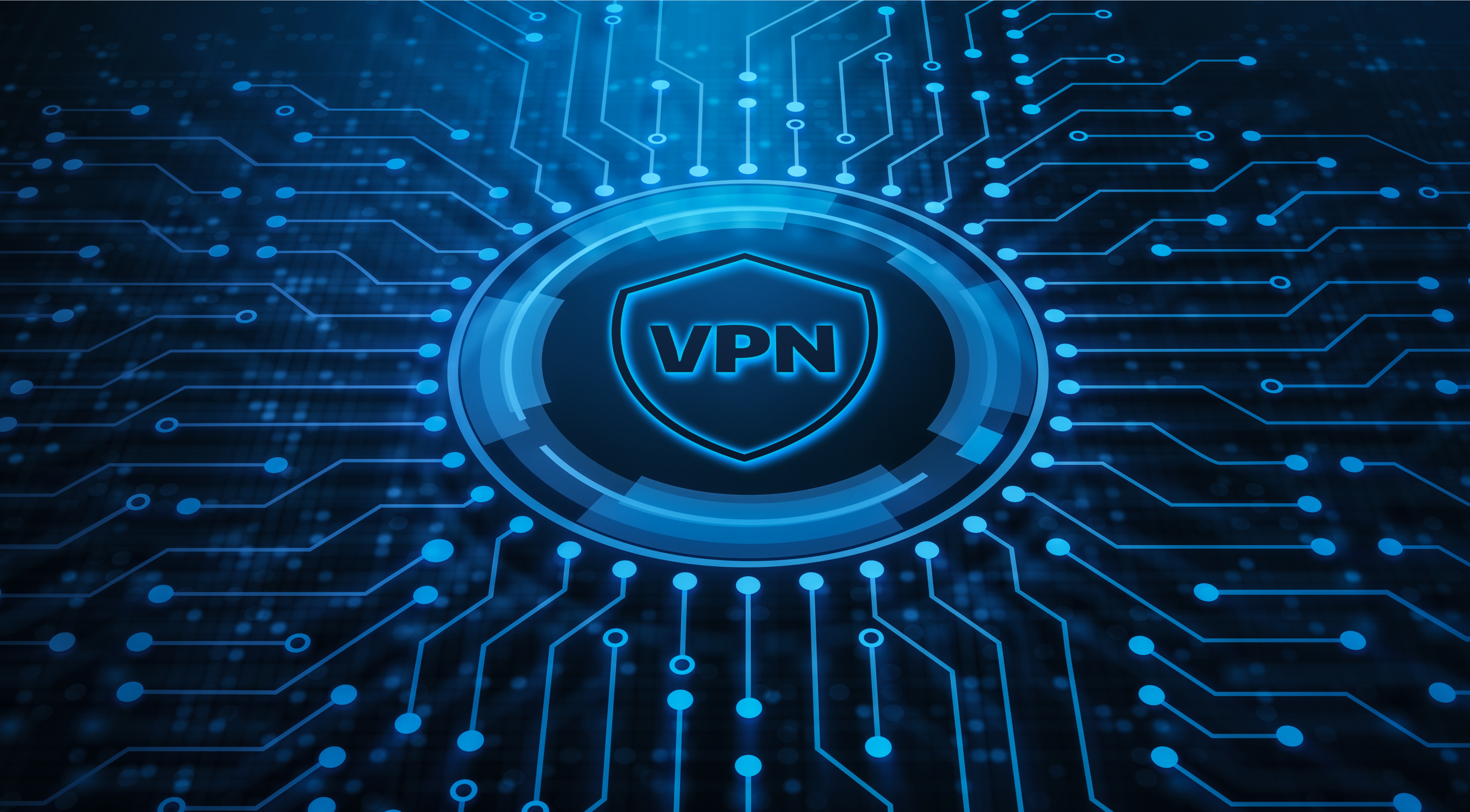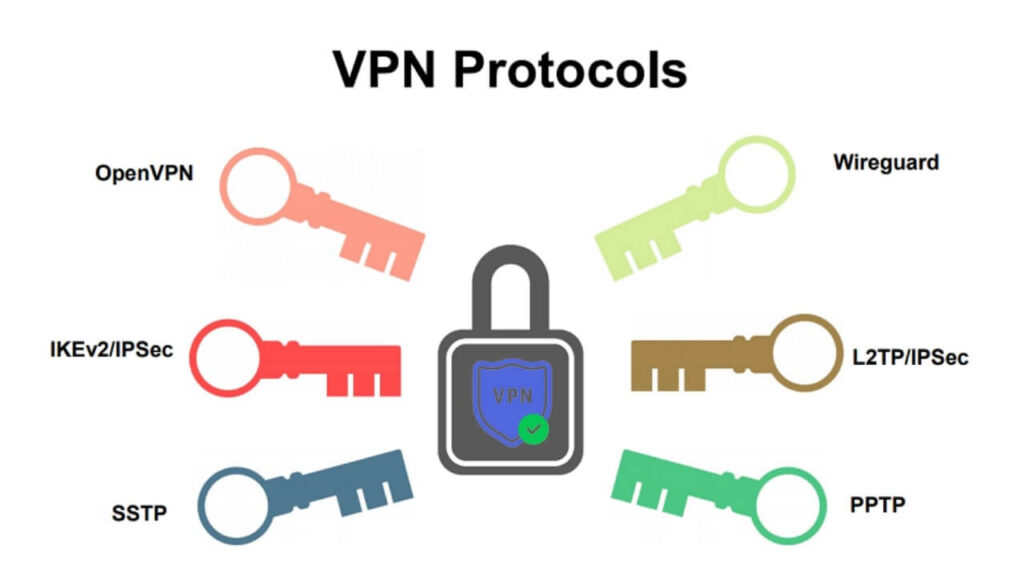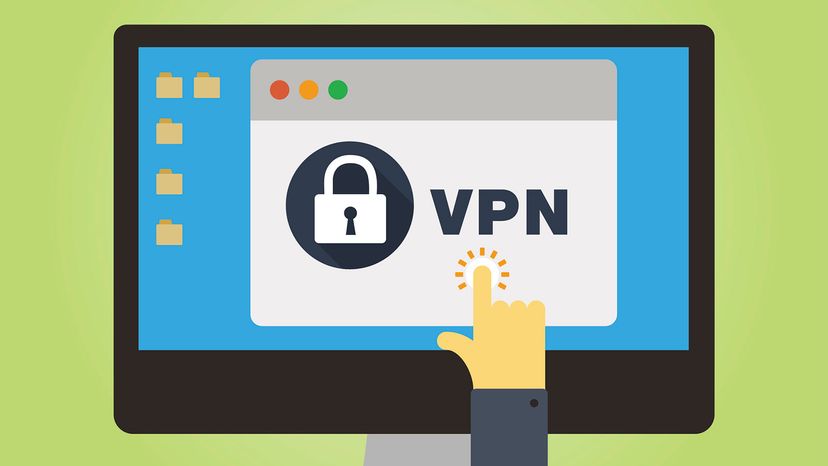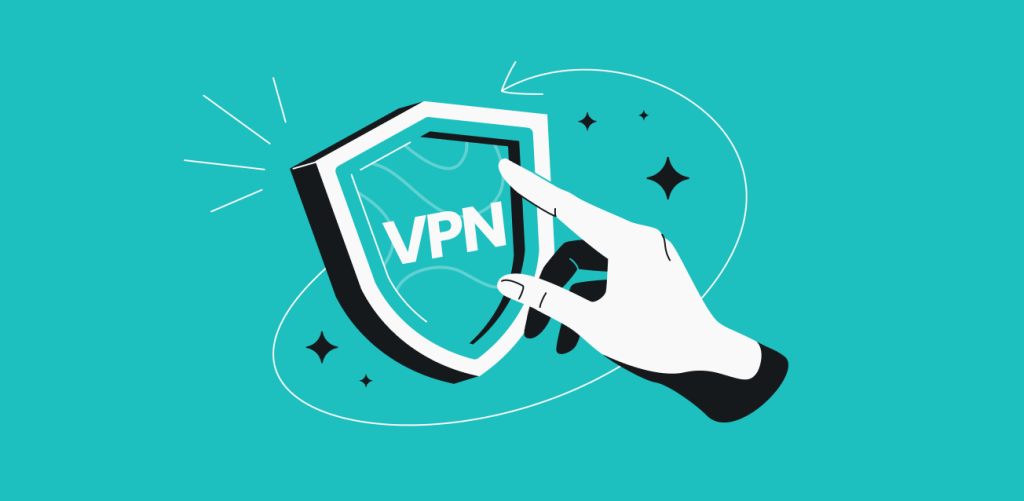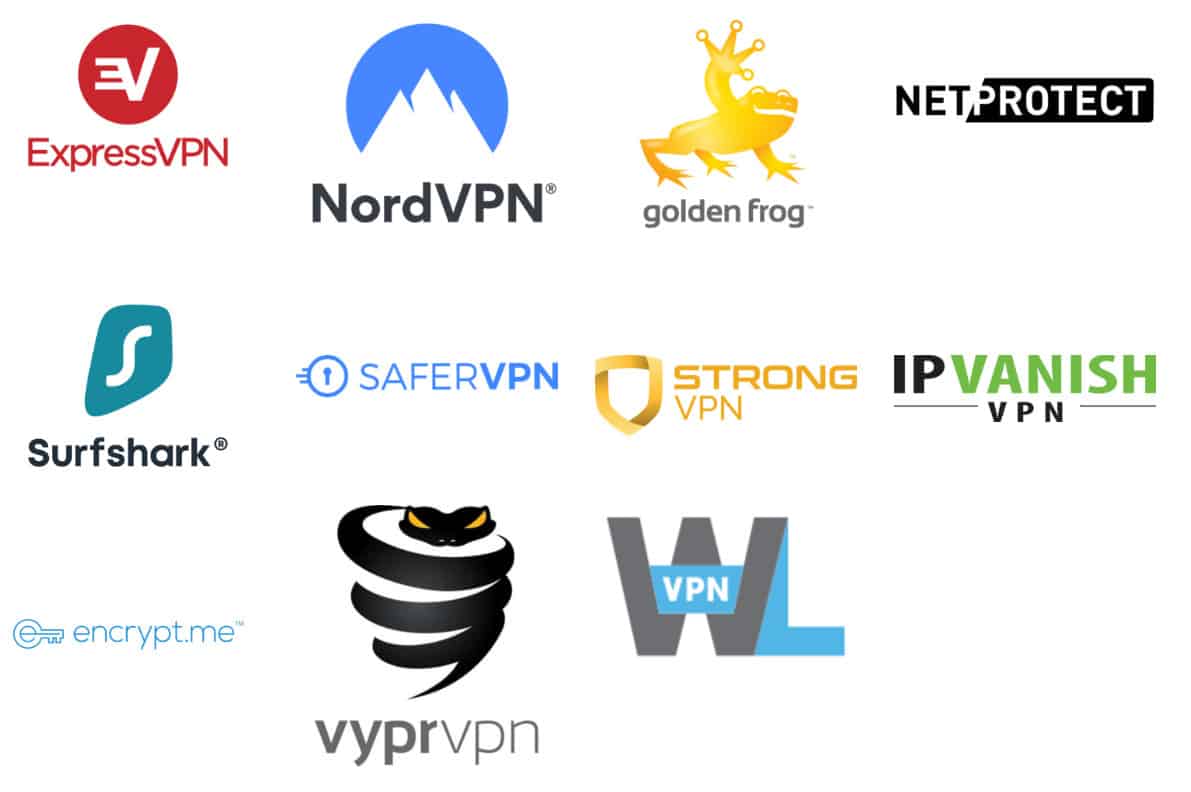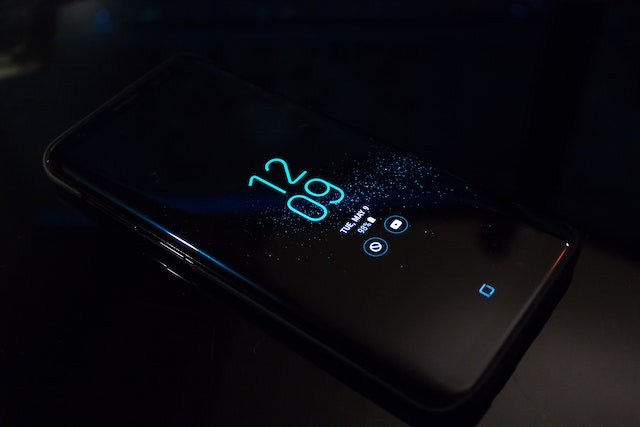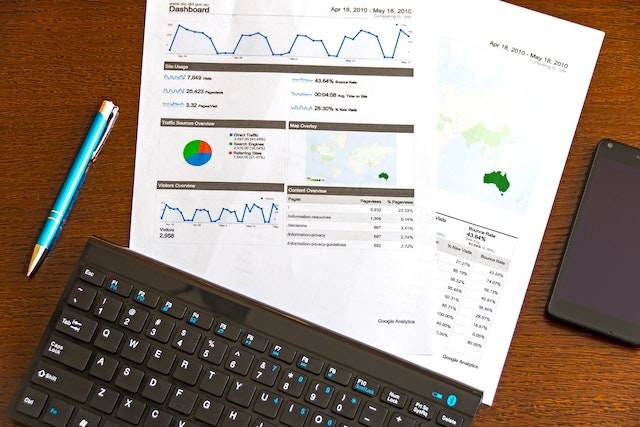In this digital age, navigating the vast realm of the internet safely has become a critical concern. Enter Virtual Private Networks or VPNs.
Definition and Functionality of VPNs
Ever used a secret passageway? VPNs work on a similar concept but in the digital world.
They create a secure, encrypted ‘tunnel’ between your device and the internet, safeguarding your online activities.
The Importance of VPNs
Think about this: without a VPN, your internet activities are like an open book that your ISP, advertisers, hackers, and even governments can read. VPNs provide a cloak of invisibility online.
How VPNs Work
Let’s take a closer look at how these digital invisibility cloaks work.
Encryption and IP Masking
The bread and butter of any VPN are encryption and IP masking. Encryption turns your data into a coded message. IP masking hides your location. It’s like sending a secret letter from an untraceable location.
VPN Protocols
VPNs utilize different protocols to provide security.
Think of them as different types of secret passages, each with different levels of security and speed, large gambling games companies often use the best technology for their visitors so they can use the technology safely and quickly
Types of VPNs
In the world of VPNs, you’ll commonly encounter two types.
Remote Access VPNs
Imagine being able to securely access your office’s network from anywhere. That’s what remote access VPNs do. They’re like having a personal, secure bridge to your office.
Site-to-Site VPNs
On the other hand, site-to-site VPNs connect entire networks to each other, perfect for businesses with multiple offices. Think of it as building secure highways between buildings.
Advantages of Using a VPN
Now that we’ve covered the basics, let’s delve into why VPNs are your internet best friends.
Enhanced Security
With a VPN, your online activities are as secure as a secret kept in a lockbox. Even on a public Wi-Fi network, no one can peek into your digital world.
Remote Access and Freedom
Whether you’re traveling or living in a region with internet restrictions, a VPN grants you access to your favorite websites and services. It’s like having a universal key to the internet.
Anonymity Online
With a VPN, your internet identity is concealed. You’re like a ghost, invisible and untraceable.
Potential Drawbacks of Using VPNs
Despite their benefits, VPNs aren’t without their downsides.
Possible Speed Reduction
Because of the encryption process, VPNs may cause a minor reduction in internet speed. It’s a small price to pay for secure browsing, isn’t it?
Trusting Your VPN Provider
Just like you wouldn’t hand over your secret diary to anyone, choosing your VPN provider requires trust.
Some providers may log user data, so do your homework!
Choosing the Right VPN
From security features to server locations, pricing, and customer service, choosing a VPN is like shopping for the perfect pair of shoes. It needs to fit just right.
Top VPN Providers
ExpressVPN: Known for its high speed, robust security, and vast server network, ExpressVPN is one of the most popular VPNs. It’s excellent for streaming, torrenting, and maintaining anonymity online.
NordVPN: NordVPN offers robust security features, including double VPN and Onion over VPN. It has a large server network and provides consistent performance.
CyberGhost: CyberGhost is user-friendly, with a wide range of servers worldwide. It’s a good choice for those new to VPNs, offering strong security and good speeds.
Surfshark: Surfshark provides unlimited simultaneous connections, meaning you can use it on as many devices as you want. It’s also known for its robust security features and affordability.
Private Internet Access (PIA): PIA has a large network of servers and strong security features. It also supports torrenting and doesn’t store activity logs.
Hotspot Shield: Hotspot Shield offers high-speed connections and is ideal for streaming and downloading. It also provides a free plan, albeit with limitations.
ProtonVPN: Developed by the same team behind ProtonMail, ProtonVPN puts a strong emphasis on privacy and security. It has a strict no-logs policy and offers a free version.
IPVanish: IPVanish is another popular choice, known for its high speeds and strong security. It allows for unlimited device connections.
VyprVPN: VyprVPN has a strong commitment to privacy and runs its own servers, reducing the risk of third-party interference. It’s also user-friendly and performs well for streaming services.
Windscribe: Windscribe offers a good balance of speed, security, and privacy. It also provides a generous data limit on its free plan compared to other VPNs.
Please note that this list is current as of my training data cut-off in September 2021, and the VPN market may have evolved since then. Always check the latest reviews and test the VPN that suits your needs before committing to a subscription.
Frequently Asked Questions (FAQs)
What does a VPN do?
A VPN secures your online activities by creating an encrypted tunnel between your device and the internet.
Is using a VPN legal?
Yes, using a VPN is legal in most countries. However, what you do while using a VPN must abide by local and international laws.
Does a VPN guarantee my anonymity online?
A VPN significantly enhances your online privacy, but it does not provide 100% anonymity. Factors like VPN leaks, cookies, and the trustworthiness of your VPN provider play a role.
Can a VPN increase my internet speed?
Typically, a VPN slightly decreases internet speed due to the encryption process. However, in some cases, a VPN may help bypass throttling by your ISP, improving speed.
Does a VPN protect me from all online threats?
While a VPN provides robust online protection, it’s not an all-encompassing solution. You should still practice safe internet habits like using strong passwords and updating your software.


